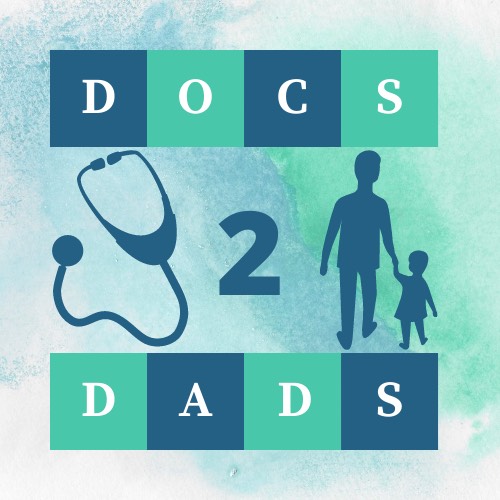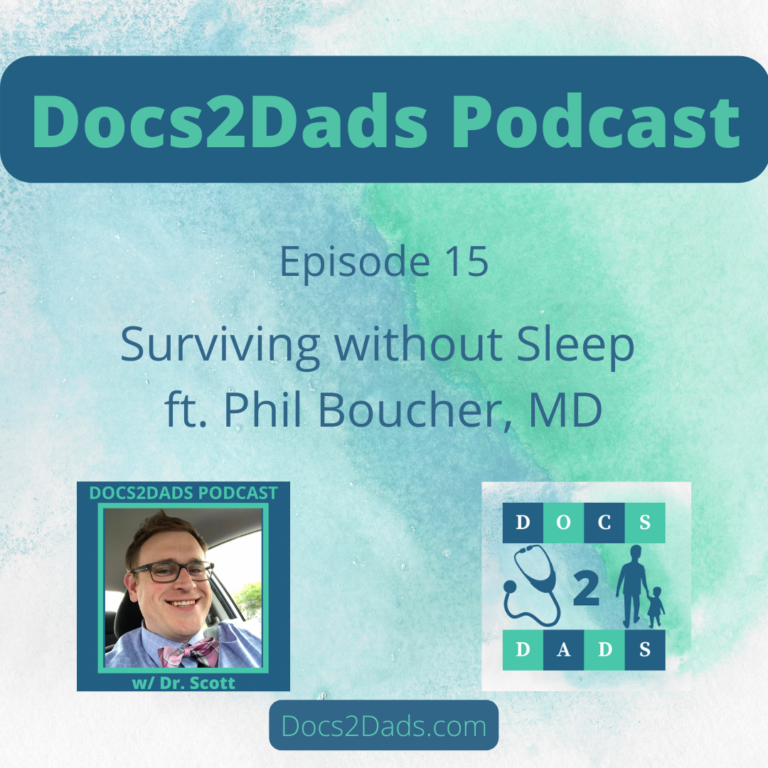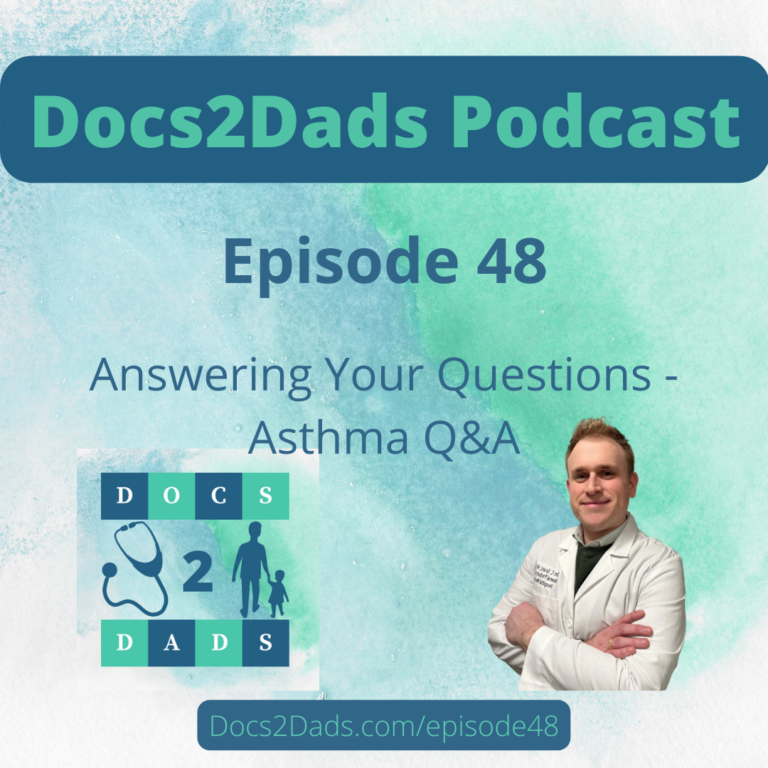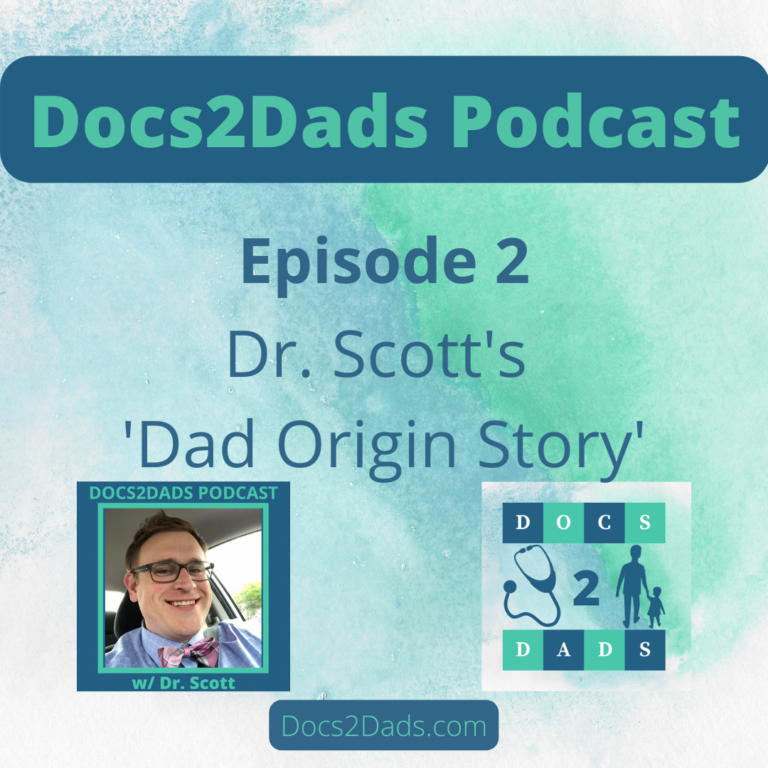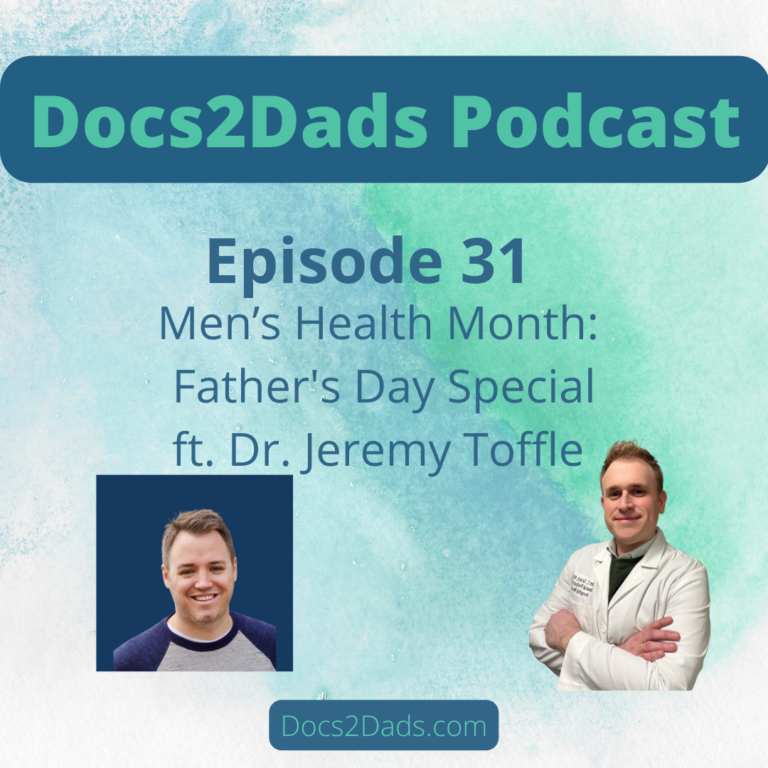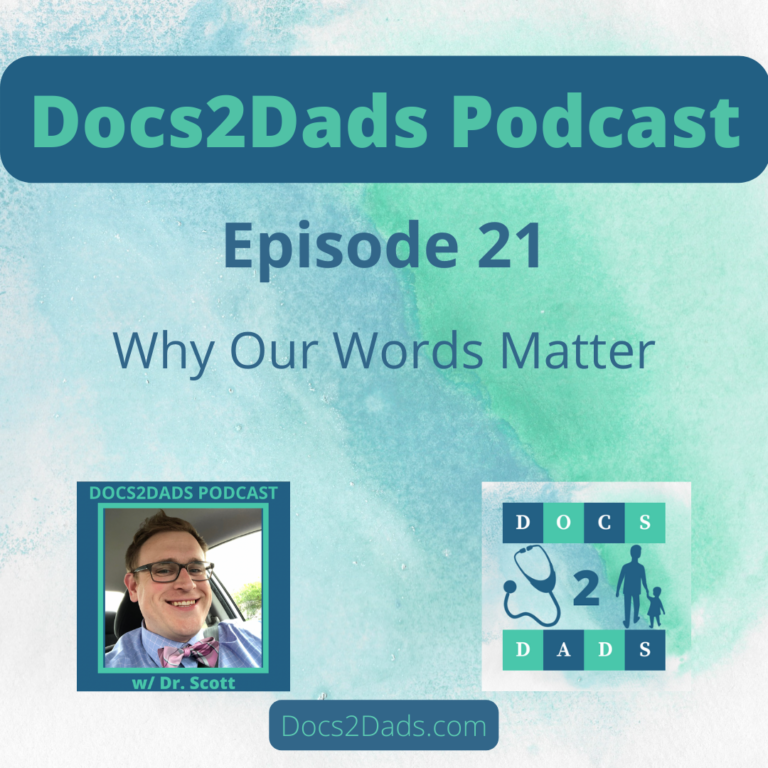🎙️ Welcome back to the Docs2Dads podcast! Today, get ready to tackle one of the most common parenting challenges head-on – we’re diving deep into the world of spit-ups!
Segment 1: Is it really a problem?
- Identifying when spit-ups become a concern and understanding if it’s normal baby behavior.
Segment 2: Positioning During and After Feeds
- Ensuring your baby is in the right position while feeding to minimize reflux.
- Tips for using a slightly reclined feeding position to aid digestion.
- Maintaining an upright position for your baby for at least 15-20 minutes post-feed.
Segment 3: Pacing Feeds and Burping
- Opting for smaller, more frequent feeds to avoid overwhelming the digestive system.
- Strategies for gently burping your baby mid-feed and after each session.
Segment 4: Adjusting the Flow of Nipple on Bottle Feeds
- Experimenting with different nipple flow rates to find what works best.
- Understanding how a slower flow may reduce the likelihood of overfeeding.
Segment 5: Changing the Protein Source of Milk or Considering an Elimination Diet
- Exploring dietary adjustments for breastfeeding moms to identify potential triggers.
- Considering hypoallergenic formulas with different protein sources for formula-fed babies.
Get ready to conquer spit-ups with practical solutions and expert advice! Share this episode with a fellow parent in need and let’s navigate this messy journey together! #Docs2Dads #ParentingAdvice #SpitUpSolutions 🍼💡
Our community is here to help you: 💪up your game as a JOY-FILLED dad 👨👩👧👦 be the leader your family needs you to be ❤️🩹build a happier, healthier life for yourself, your family, and your community.
Follow Docs2Dads for more #parenting content from a #pediatrician living the #dadlife – transforming #evidencebasedmedicine into practical #parentingtips
Linkedin: https://www.linkedin.com/in/drscottpeds
Instagram: https://www.instagram.com/docs2dadspod
Email: docs2dadspod@gmail.com
Facebook: https://www.facebook.com/docs2dadspod
The content on this blog is for your education and entertainment only. It should not be considered medical advice and should not replace a relationship with a primary care doctor. You should seek medical attention if you are worried about your child’s health.
